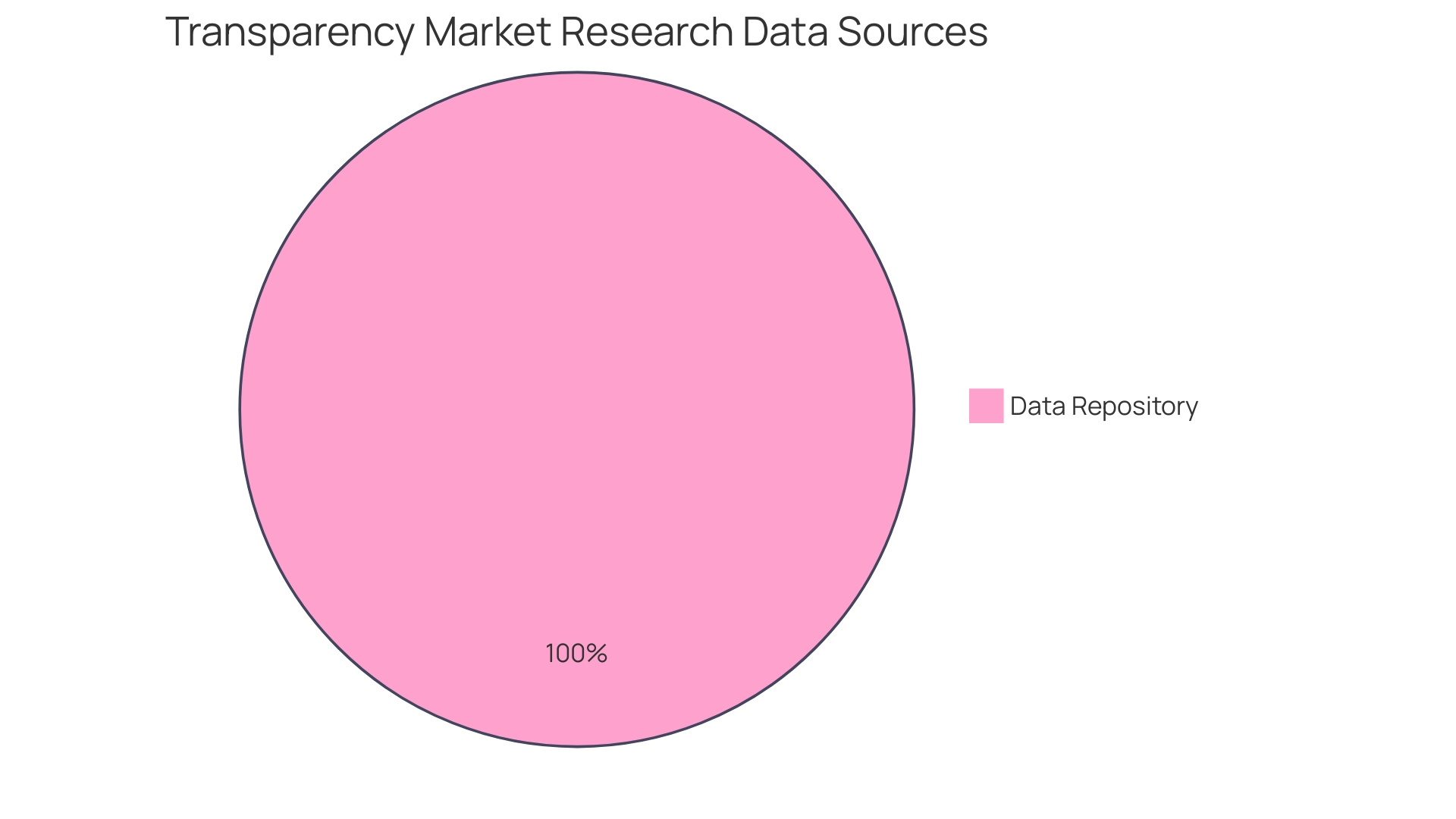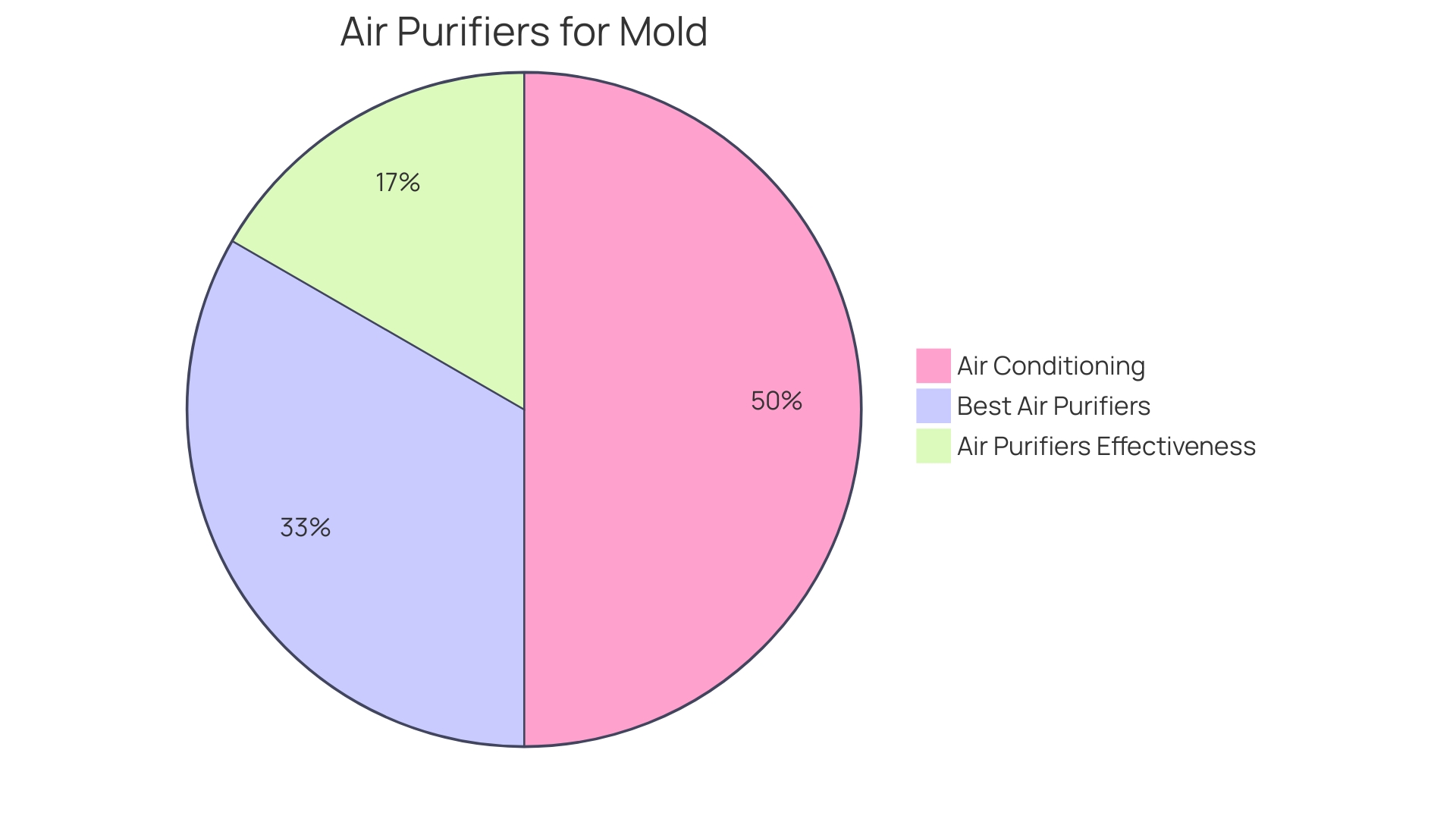Introduction
Portable air conditioning units offer a practical and flexible solution for managing indoor temperatures. Whether you're looking to cool a small apartment, a commercial space, or even a server room, portable air conditioners provide a versatile and cost-effective cooling strategy. In this article, we will explore the benefits of renting portable air conditioners, the different types available, their applications in various environments, and the key features to consider when choosing one.
By the end, you'll have a comprehensive understanding of how portable air conditioners can enhance comfort and adapt to your specific cooling needs. So, let's dive in and discover the world of portable air conditioning.
Benefits of Renting Portable Air Conditioners
Portable air conditioning units offer a practical alternative for managing indoor temperatures, especially when considering their ease of movement and installation. These units are not just a quick fix but also a smart choice for those seeking to optimize their cooling strategy without committing to a permanent system.
-
Flexibility and Mobility: Portable air conditioners excel in adaptability, allowing users to move the unit to precisely where it's needed, which is particularly useful in areas where traditional cooling methods are impractical or impossible to install. This portability makes them an excellent choice for short-term cooling requirements, such as those needed for events or temporary living spaces.
-
Cost-Effectiveness: The financial benefits of portable air conditioner rentals are significant. They circumvent the hefty initial investment of purchasing a fixed system and the subsequent costs linked with maintenance and repair. This makes them an economical option, especially when the cooling needs are seasonal or short-term.
-
Energy Efficiency: With advancements in technology, many portable air conditioners now come with features that promote energy saving, such as programmable thermostats and energy-saving modes. These features contribute to a reduction in energy consumption, which not only has a positive environmental impact but also translates into lowered utility costs.
-
Quick and Easy Installation: One of the most compelling advantages of portable air conditioners is the minimal effort required to set them up. They are often accompanied by straightforward instructions, and some providers offer installation services, ensuring that the comfort of a cooler environment is just moments away.
-
Ideal for Temporary Scenarios: For temporary residences, construction sites, or special occasions, renting portable air conditioners is a strategic choice. They provide the necessary relief from heat without the long-term commitment or expense, and once the need passes, they can be conveniently returned.
Incorporating these units into a broader climate control plan can significantly enhance comfort levels, particularly during heatwaves which, as studies have shown, can be increasingly dangerous. Research underscores the importance of acclimatization to warmer temperatures, suggesting that reducing reliance on air conditioning can be beneficial. However, during extreme heat, technologies like portable air conditioners become a critical component of staying safe and comfortable.
In light of recent studies, such as the one published in Cell Reports Physical Science, exploring passive cooling and innovative roof materials, the role of portable air conditioners becomes part of a larger conversation about sustainable and efficient temperature management. These studies highlight the potential of combining such materials with portable cooling units to create a more environmentally friendly and cost-efficient cooling strategy. Moreover, research from Oxford University and the Regulatory Assistance Project thinktank illustrates that heat pumps, which are closely related to air conditioning technology, are more efficient than traditional fossil fuel systems, even in sub-zero temperatures.
Ultimately, portable air conditioners represent a smart, flexible, and efficient way to manage indoor climates, providing comfort without the permanence and expense of fixed systems, and aligning with a more sustainable approach to temperature control.

Types of Portable Air Conditioners
Portable air conditioning units offer a flexible solution for managing indoor temperatures, particularly in environments where traditional HVAC systems are impractical or too costly to install. There are several types of portable air conditioners, each with unique features and benefits, tailored to meet specific cooling needs.
-
Single Hose Portable Air Conditioners: These models are equipped with one exhaust hose to remove hot air and are known for their ease of installation. While they are often more cost-effective than their dual hose counterparts, they may not be as energy-efficient.
-
Dual Hose Portable Air Conditioners: This variety uses two hoses, one for air intake and one for exhaust, facilitating a more efficient cooling process by countering the negative pressure issues found in single hose units. They are particularly effective in larger spaces or areas with higher cooling demands.
-
Evaporative Air Coolers: Also known as swamp coolers, these units utilize the natural process of water evaporation to cool the air. Ideal for dry climates, they are an eco-friendlier choice, adding moisture to the air while using less energy than refrigerated air conditioners.
-
Portable Heat Pump Air Conditioners: Offering both cooling and heating functions, these versatile units can be used throughout the year. They provide a practical alternative for spaces that require temperature control in varying seasons, potentially reducing the need for separate systems.
-
Portable ACs with Window Venting Kits: Certain models include venting kits designed for windows, simplifying the installation process and ensuring efficient ventilation. These kits usually come with adjustable panels and exhaust hoses to fit different window sizes and maintain effective air flow.
Each type of portable air conditioner plays a role in shaping our comfort and adapting to the evolving demands of our living and working spaces. As the effects of climate change become more pronounced, with extended summers and heatwaves, the importance of efficient cooling systems grows. Innovations like passive cooling technologies that radiate heat into space and highly efficient heat pumps present sustainable alternatives, reflecting a shift towards more environmentally conscious cooling solutions.
Applications of Portable Air Conditioners
Portable air conditioners offer versatility and convenience across a myriad of environments, responding to the cooling needs intrinsic to various spaces.
-
Residential Comfort: In residential spaces, portable air conditioners are a boon for those seeking a respite from the heat without committing to permanent installation. They are particularly beneficial for cooling smaller areas or apartments, enhancing comfort with minimal hassle.
-
Commercial Adaptability: In the commercial realm, including offices and retail outlets, where centralized air conditioning may fall short or be impractical, portable units adeptly fill the gap. They offer spot cooling for areas needing extra attention or serve as a supplemental cooling source.
-
Technological Safeguarding: For server rooms and data centers, where consistent cooling is non-negotiable to protect critical infrastructure, portable air conditioners are a strategic choice. By maintaining a cool environment, they safeguard against the risk of overheating and ensure operational continuity.
-
Event Planning: When it comes to events and outdoor settings such as weddings, parties, and concerts, portable air conditioners provide essential climate control. They also extend their utility to outdoor work zones, construction sites, and temporary installations, ensuring comfort and safety.
-
Healthcare Regulation: In healthcare facilities where patient care is paramount, portable air conditioners are instrumental in maintaining controlled temperatures in patient areas and other critical spaces, contributing to a safe and comfortable environment for patients and healthcare professionals.
From the perspective of environmental impact, incorporating portable air conditioning units must be balanced with sustainability considerations. Embracing passive cooling strategies and energy-efficient technologies, such as those explored in recent research, can help mitigate the environmental footprint while still addressing the need for cooling.
Statistical data underscores the growing demand for smart and energy-efficient refrigeration solutions, reflecting a trend towards appliances that contribute to energy savings and consequently, cost efficiency. For instance, in the United States, there is an increasing inclination towards smart refrigerators with advanced features.
In the vein of efficiency and longevity, it is paramount that air conditioning units, whether portable or permanent, are installed by seasoned professionals. Experts, such as Christopher Toner at The Viscardi Center, emphasize the importance of thorough diagnostics and efficient problem-solving to ensure air conditioning systems deliver optimal performance and stand the test of time.
Furthermore, innovative research points towards a future where buildings in hot climates like Southern California could benefit from passive cooling technologies. These advancements not only reduce reliance on traditional air conditioning but also promote healthier air circulation within naturally ventilated buildings.
Ultimately, the selection and application of portable air conditioners should be guided by an understanding of the specific needs of each environment, the expertise of HVAC professionals, and a consideration for sustainable practices that align with global environmental goals.
Key Features of Portable Air Conditioners
Selecting the right portable air conditioner involves considering various features that ensure efficiency, convenience, and comfort. When it comes to cooling capacity, the BTU rating is critical; higher BTUs are essential for effectively cooling larger spaces. Programmable thermostats are invaluable for maintaining a uniform temperature and reducing energy consumption. Remote controls offer the luxury of adjusting settings without needing to physically interact with the unit, while a timer function promotes energy savings by scheduling operation times in advance. The dehumidifier feature is a boon in humid climates, helping to maintain a comfortable environment. Air quality is vastly improved with built-in air filtration systems, which are particularly beneficial for those with allergies or respiratory issues. Noise levels are an important consideration to avoid disruption in quiet areas. Lastly, portability is key for transporting the unit between different rooms or sites; features like wheels and handles make this task easier. By evaluating these features, you can choose a portable air conditioner that aligns with your specific needs, ensuring optimal performance and user satisfaction.

Conclusion
Portable air conditioning units offer a practical and cost-effective solution for managing indoor temperatures in various environments. Renting portable air conditioners provides flexibility and mobility, making them ideal for short-term cooling needs or areas where traditional cooling methods are impractical. They are energy efficient, with programmable thermostats and energy-saving modes that reduce energy consumption and utility costs.
Portable air conditioners are easy to install and come in different types, such as single hose and dual hose models, evaporative air coolers, and portable heat pump air conditioners. They have applications in residential, commercial, and healthcare settings, providing temporary cooling, supplemental cooling, and critical infrastructure protection. Key features to consider when choosing a portable air conditioner include BTU rating, programmable thermostats, remote controls, dehumidifiers, air filtration systems, noise levels, and portability features.
Overall, portable air conditioners offer a smart and efficient way to manage indoor climates, providing comfort without the permanence and expense of fixed systems. By understanding the benefits, types, applications, and key features of portable air conditioners, individuals can make informed decisions to enhance comfort and adapt to their specific cooling needs.




